
How to Reduce Age Spots: Causes, Treatments, and Prevention
How to Reduce Age Spots: Causes, Treatments, and Prevention
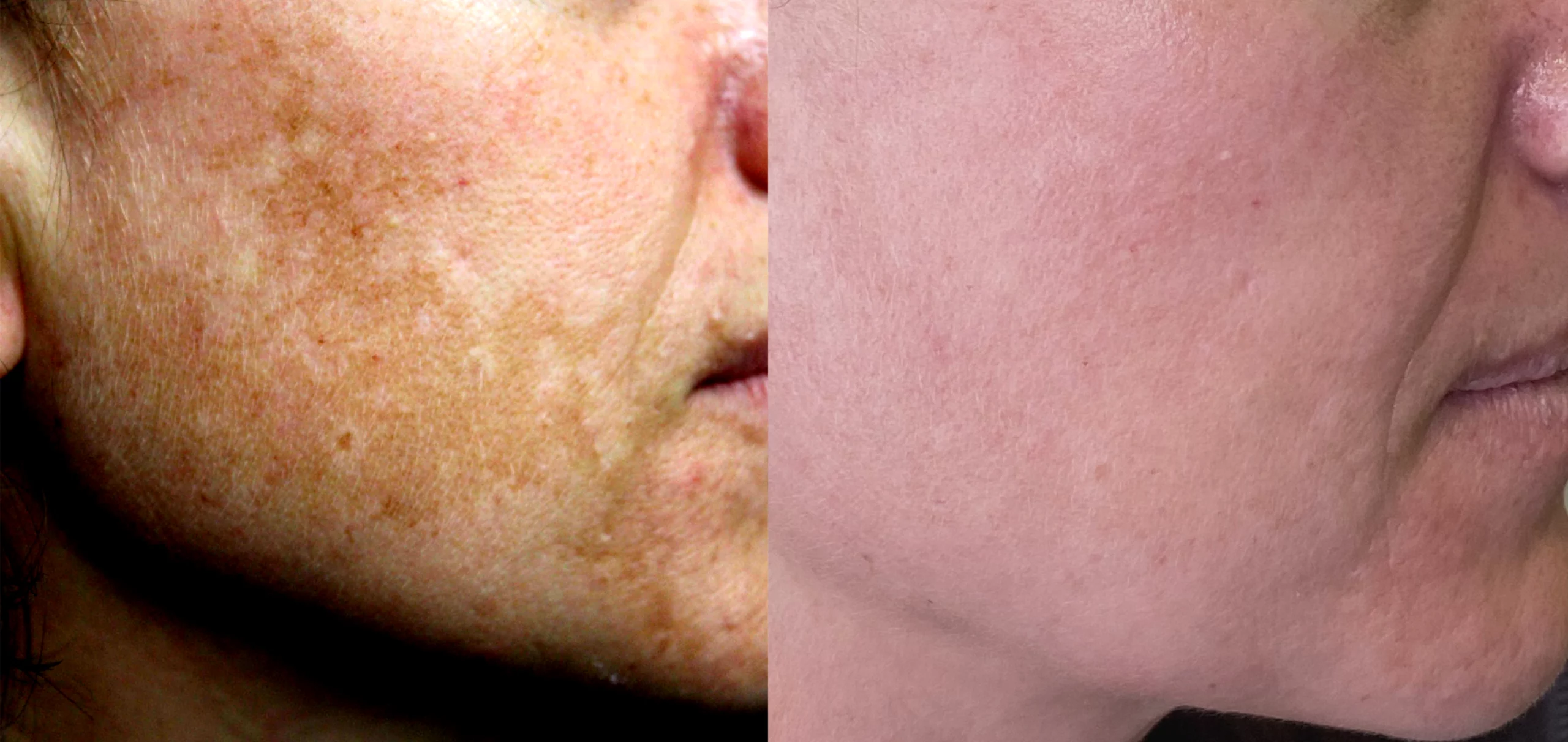
Aging is a privilege—and while it may come with changes we’re not always excited about, maintaining health and vitality as we age is key. One of the most common age-related skin concerns is age spots, which can affect confidence and skin appearance. Fortunately, there are effective ways to prevent and treat them while keeping your skin healthy for years to come.
What Are Age Spots?
Age spots—also called liver spots, sun spots, or solar lentigines—are flat, dark areas that appear on the skin due to sun exposure over time. While most common in adults over 50, they can also show up in younger people with significant UV exposure.
Though they are harmless, having many can make it difficult to identify more serious skin concerns, like melanoma. Interestingly, both age spots and skin cancer share the same root cause: UV radiation.
Why the Name “Liver Spots”?
The term "liver spots" stems from an outdated belief that these marks were connected to liver issues. In reality, they have no relation to liver function. Instead, age spots are caused by melanin buildup from prolonged sun exposure. Modern dermatology prefers terms like “sun spots” or “age spots” to reflect their true origin.
What Causes Age Spots?
These spots form when UV light stimulates pigment-producing cells, leading to clumps of melanin. They are most common in lighter-skinned individuals and often appear on areas frequently exposed to the sun: the face, hands, shoulders, arms, and neck.
Other sources of UV light, like tanning beds or lamps, can also contribute. The frequency, intensity, and history of sunburns all influence how many spots develop and how dark they become.
Symptoms and When to See a Doctor
Age spots are typically:
-
Flat, oval, and pigmented (tan to dark brown)
-
Ranging from freckle-sized to larger patches
-
Permanent, unlike freckles which fade without sun exposure
Most are harmless, but you should consult a doctor if a spot:
-
Changes shape, size, or color
-
Has irregular borders or color variations
-
Bleeds or becomes raised
These could be signs of skin cancer.
Treatment Options for Age Spots
Though treatment isn't necessary, many people choose to reduce or remove age spots for cosmetic reasons. Here are the most common methods:
1. Chemical Peels
Chemical solutions are applied to the skin to exfoliate and remove darker outer layers, revealing more even-toned skin beneath. Peels vary in strength and should always be done by a licensed dermatologist.
2. Dermabrasion
This involves “sanding” the skin with a rotating instrument to remove surface layers. It stimulates new skin growth and evens tone but is more invasive and requires downtime.
3. Laser Resurfacing
Laser treatments target melanin and stimulate collagen production. These treatments are customizable for different skin types and offer precise, long-lasting results.
4. Skin Biopsy
Not a cosmetic treatment, but used to diagnose suspicious spots. A dermatologist removes a small skin sample for testing to rule out skin cancer.
Prevention: The Best Strategy
Preventing age spots is not only more cost-effective—it’s better for your overall health. The key is UV protection:
-
Avoid sun exposure between 10 AM and 2 PM
-
Use broad-spectrum sunscreen (SPF 30 or higher), and reapply every two hours or after swimming/sweating
-
Wear protective clothing like hats, long sleeves, and sunglasses
-
Skip tanning beds and UV lamps
Moderate sun exposure is still important for vitamin D, but you don’t need much. The amount depends on skin tone, location, and time of year. Ask your doctor if you're unsure.
Zinc and Skin Health
Zinc plays a vital role in skin repair and collagen production. Zinc oxide is also a key ingredient in physical sunscreens, providing a natural barrier against UV rays. Topical zinc creams and oral supplements may support skin health, but always consult a healthcare provider before starting any new treatment.
Natural Remedies: Helpful or Hype?
Common natural remedies like lemon juice, apple cider vinegar, aloe vera, and green tea are popular online for treating age spots. While these ingredients may help brighten skin or soothe inflammation, they cannot replace professional treatments—especially for deeper pigmentation.
Also, just because something is “natural” doesn’t mean it’s always safe. Improper use may cause irritation, burns, or allergic reactions. Always speak with a dermatologist before trying DIY remedies.
Final Thoughts
Age spots are a natural part of getting older—and nothing to be ashamed of. They often reflect a life spent outdoors enjoying the world. But it’s completely valid to want to reduce or prevent them. The good news? The same steps that help with age spots also reduce your risk of skin cancer.
No matter your skin tone, sun protection is essential. And if you’re considering any treatments, always consult a qualified dermatologist to find what works best for your skin type and goals.
News in the same category

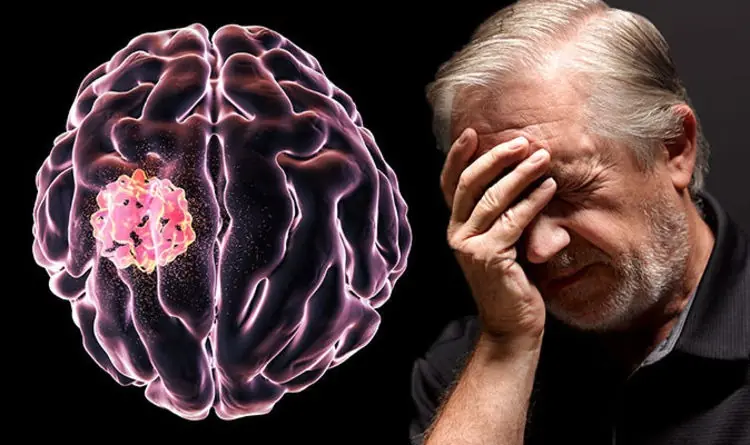
Age 40 Is a Critical Turning Point for Longevity: 4 Sleep-Related Signs That May Indicate Shorter Lifespan and Health Risks
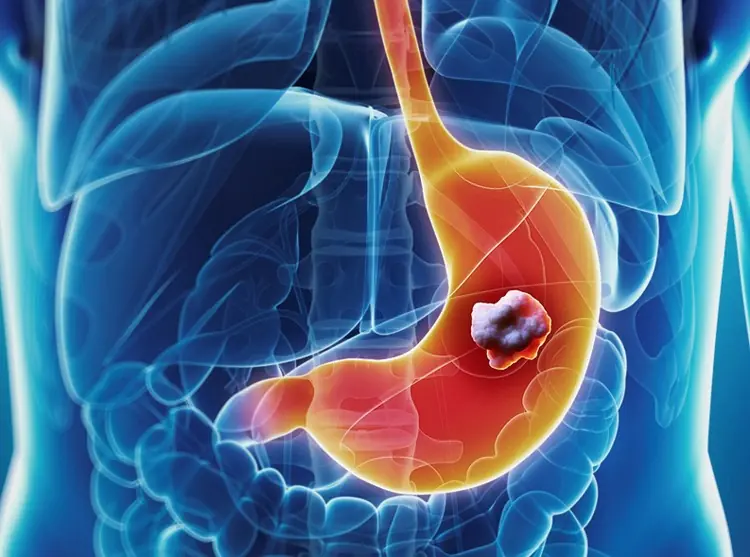
7 Early Signs of Stomach Cancer Everyone Should Know to Prevent Metastasis
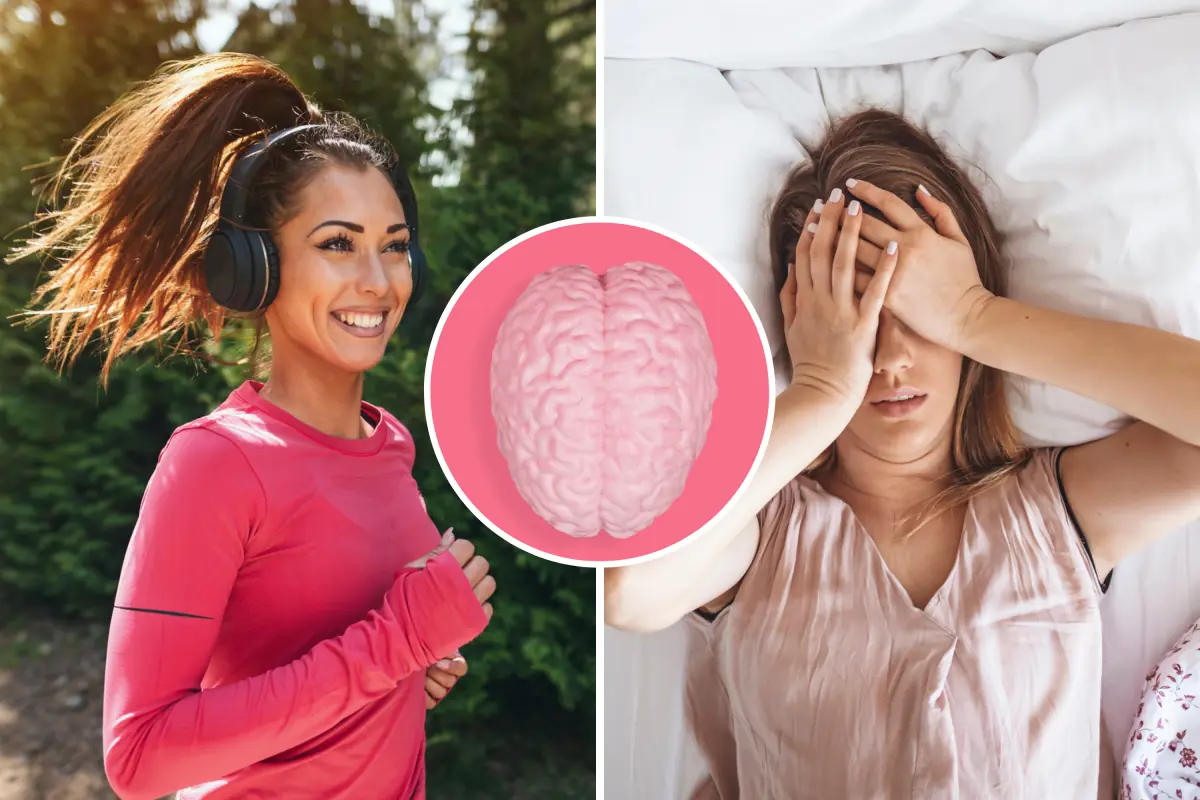
🧠 How Your Brain Today Reflects Your Habits from Two Weeks Ago

💤 The Science of Dreaming: Why Do We Dream?
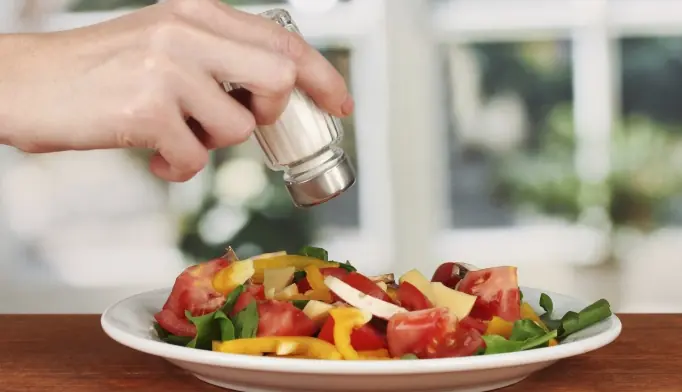
Too Much Salt May Lead to Depression, New Study Suggests
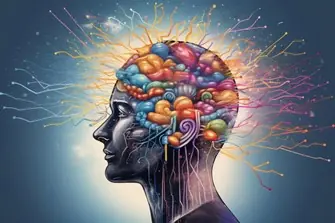
New Study Reveals: Memory May Be Stored in Cells Beyond the Brain
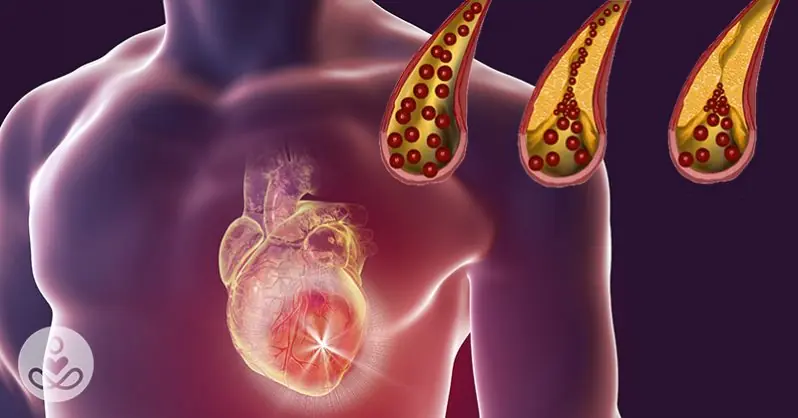
10 Foods You Should Eat Daily to Keep Your Arteries Clean
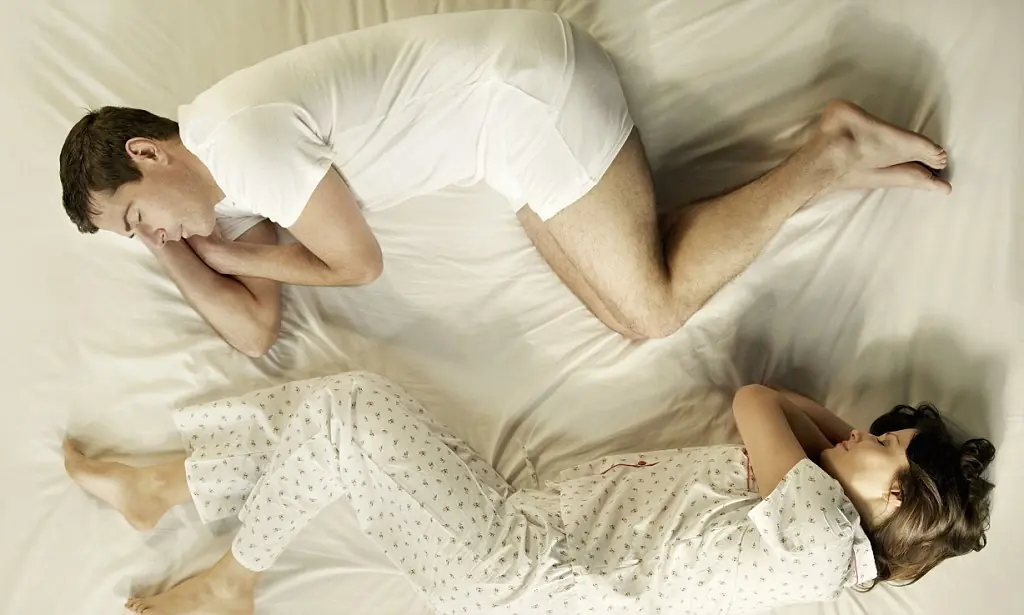
The Sleep Position That Could Be Quietly Damaging Your Health, According to Experts
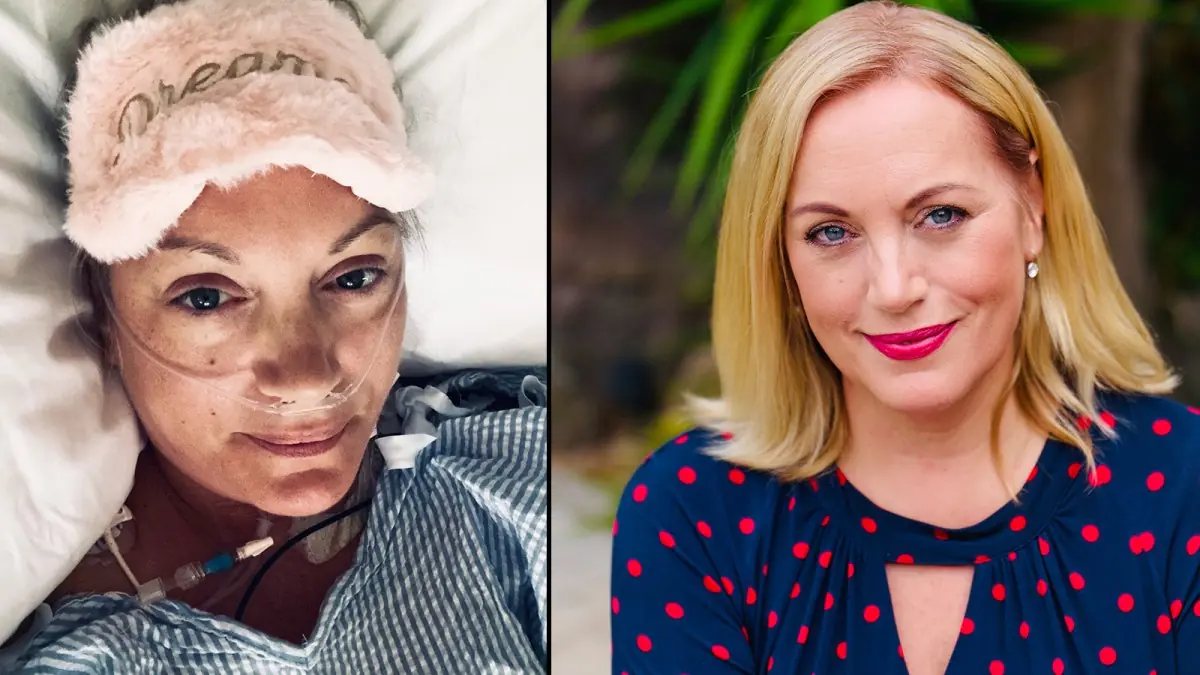
Shocking Cancer Diagnosis at 44 Raises Alarms About a Popular Daily Sandwich Ingredient
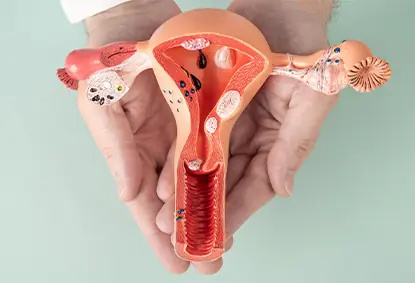
Understanding Uterine Fibroids: Causes, Symptoms, and Treatment Options
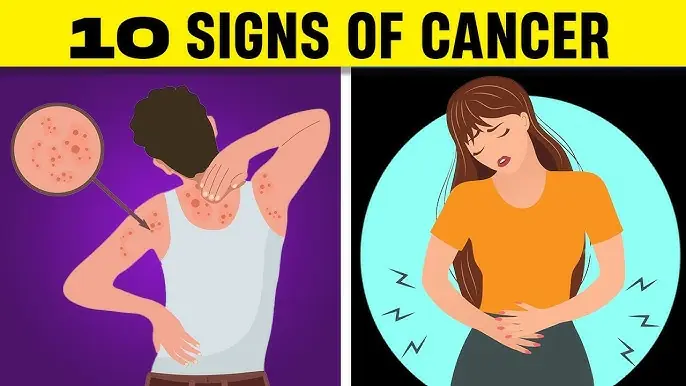
Is Your Body Trying to Tell You Something? 15 Early Signs of Cancer

If You Suddenly Wake Up Between 3:07 and 3:15 AM, You Should Be Extra Cautious
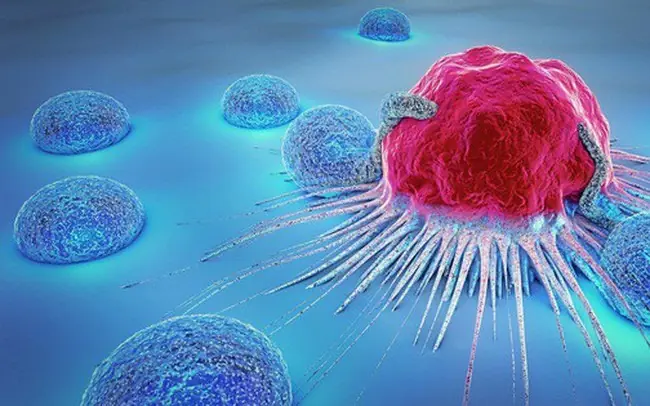
Discovery of a Drink That Helps “Push Back” Cancer: It's Not Tea or Coffee

One Year Before Death: The Body Often Shows 5 Warning Signs!
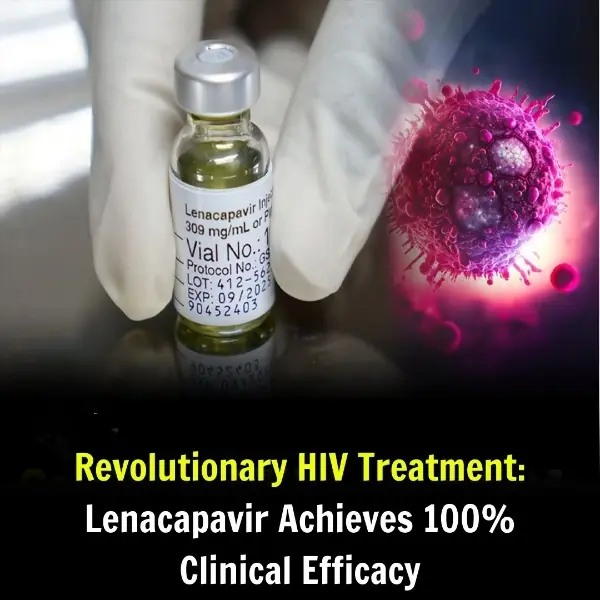
Revolutionary HIV Treatment: Lenacapavir Achieves 100% Clinical Efficacy
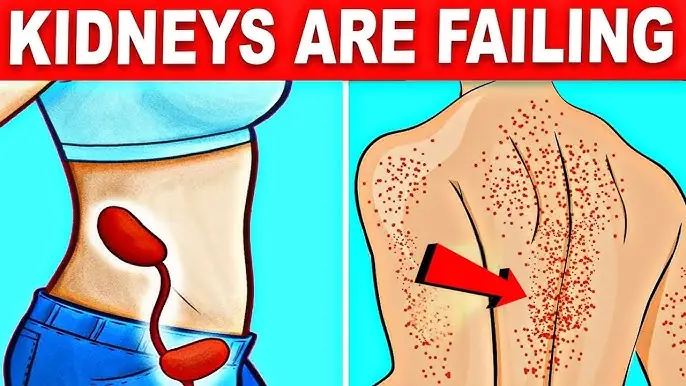
10 Warning Signs Your Kidneys May Be in Trouble
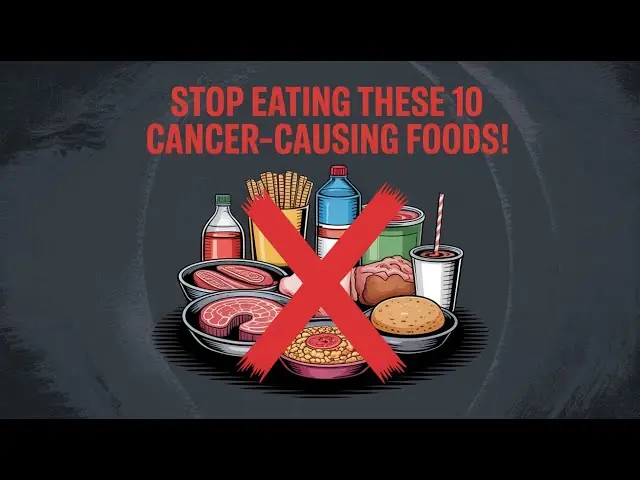
10 Foods Linked to Cancer You Should Avoid
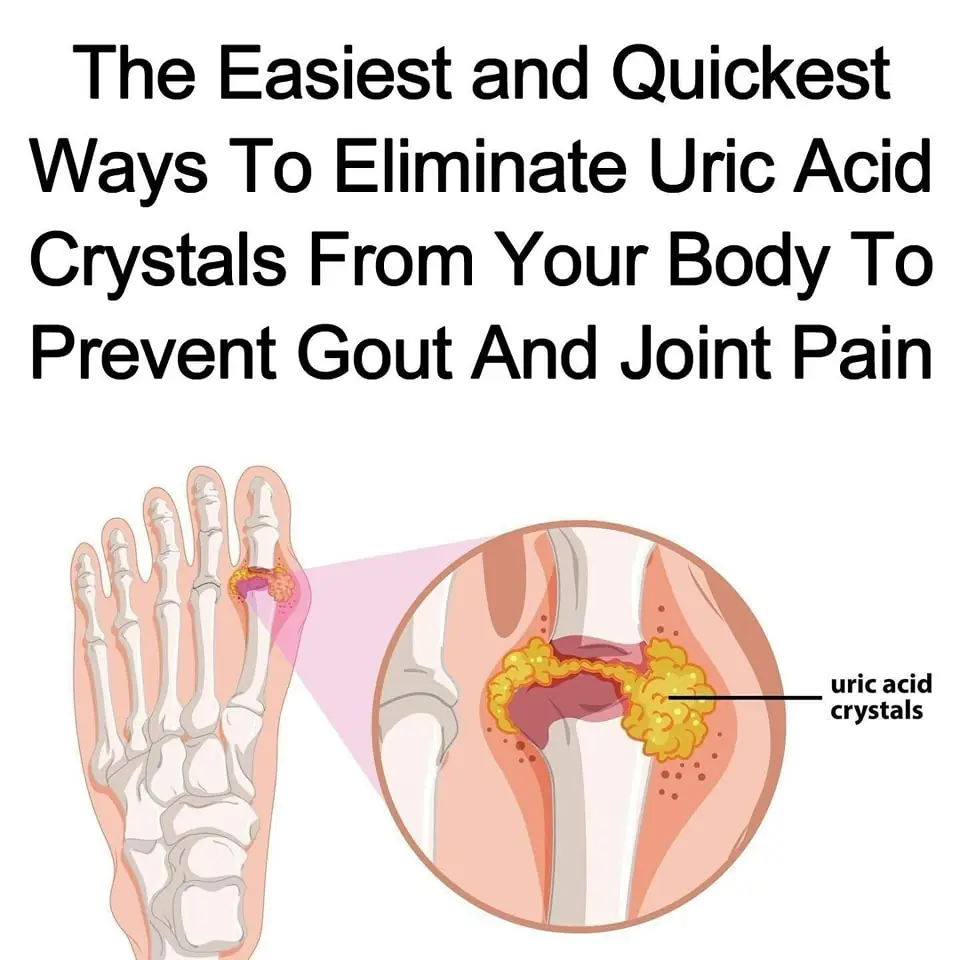
How to help naturally relieve gout and joint pain
News Post
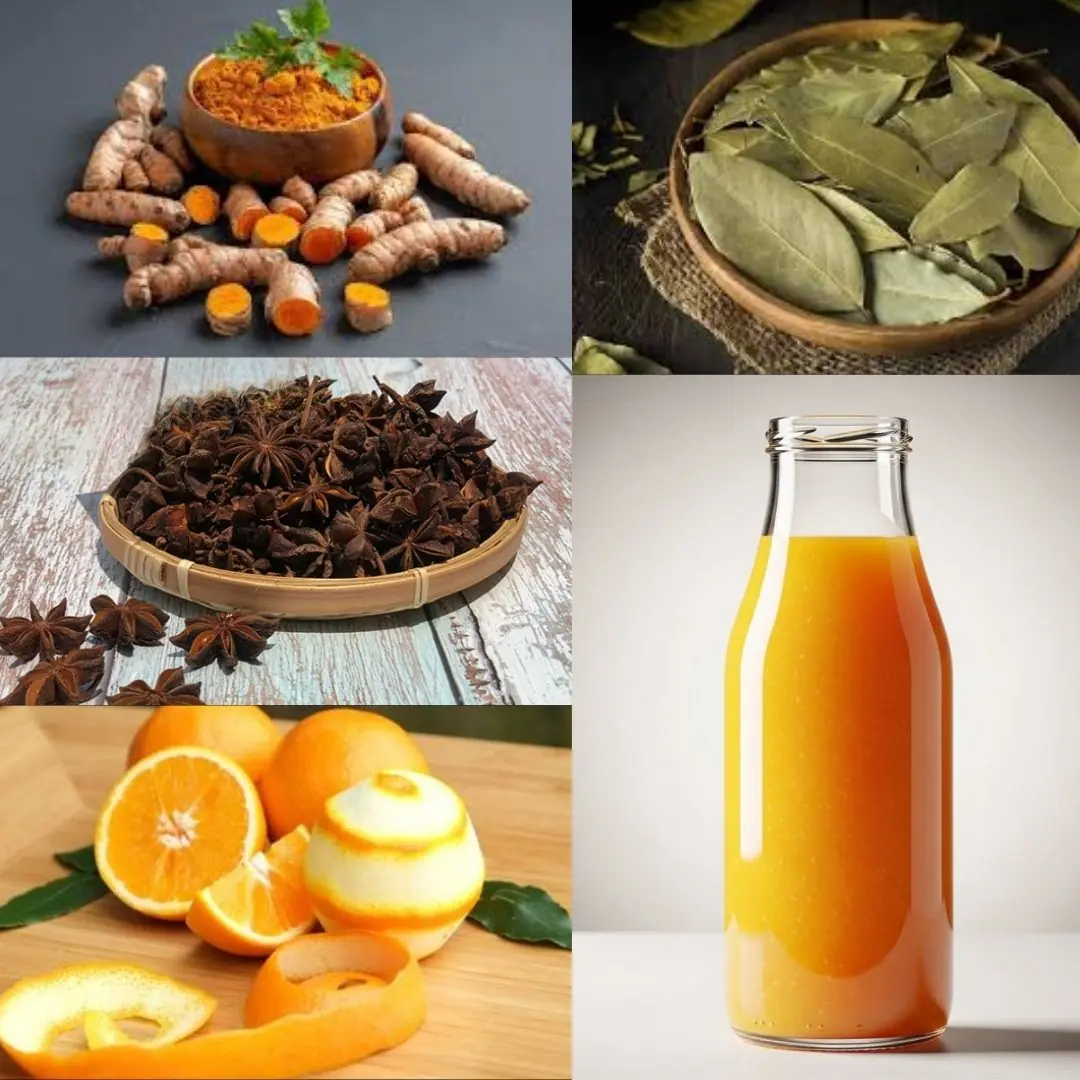
This Ancient Chinese Drink May Help Regulate Blood Sugar, Improve Circulation, and Reduce Inflammation—Naturally!

8 Reasons to Drink Ginger Tea Daily (An Impressive Healing Remedy)
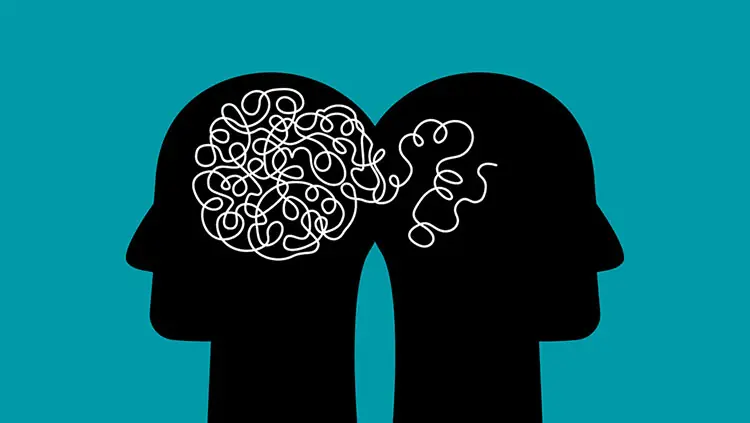
Surprising Link: Marriage May Increase Dementia Risk, New Study Finds

Birds May Use Quantum Reactions to Navigate Across the Globe

She forgot to tell her husband she was coming home. When she entered the apartment, she nearly collapsed from what she saw.

Humpback Whales Are Gathering in Giant Super-Pods—Here’s What Scientists Think It Means

Valya found out by accident that her husband had another woman — she went to the dry cleaner to pick up his suit, and along with the suit, they handed her a huge colorful dress.

Store Owner’s Daughter Kicked Me Out for No Reason — Then Her Mom Walked In and Left Me Speechless
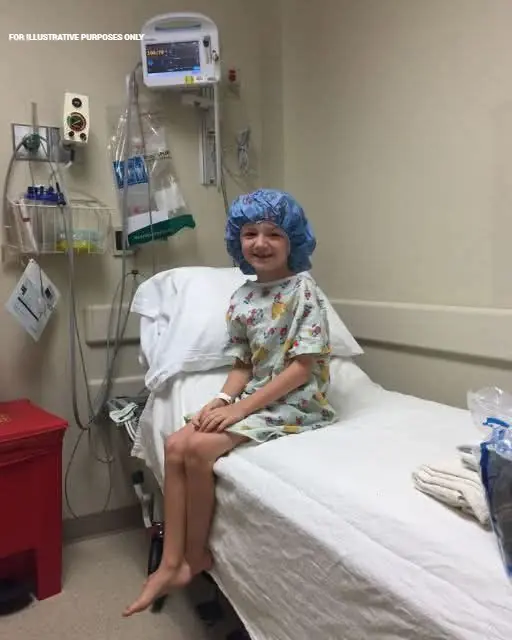
MY SON SMILED RIGHT BEFORE SURGERY—BUT SOMEHOW HE MADE ME STEP OUT OF THE ROOM

An orphaned woman adopted a dark-skinned boy—and 20 years later discovered his shocking secret!

9 Food Combinations That Can Become 'Toxic'—Some Even Classed as Group A Carcinogens: Doctors Advise Avoiding

Age 40 Is a Critical Turning Point for Longevity: 4 Sleep-Related Signs That May Indicate Shorter Lifespan and Health Risks

7 Early Signs of Stomach Cancer Everyone Should Know to Prevent Metastasis

Man Builds $20m White House Replica Atop Skyscraper—Now Legal Woes Keep Him Out
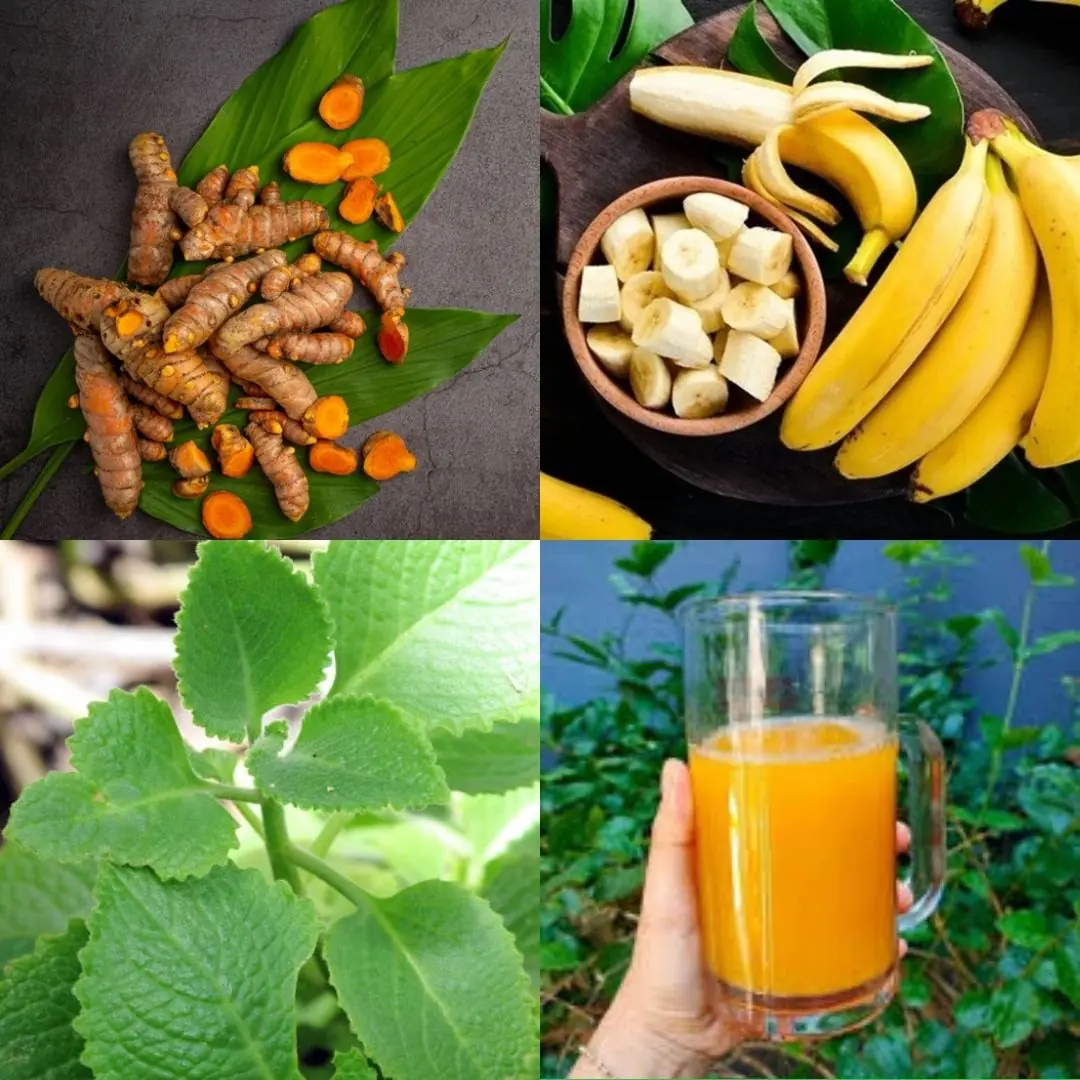
At 60, I Healed Cancer, High Blood Pressure, Diabetes, and Poor Circulation – All Thanks to This Powerful Drink

Woman Claims Ghost Companion Of 12 Years Warns Of Imminent Apocalypse
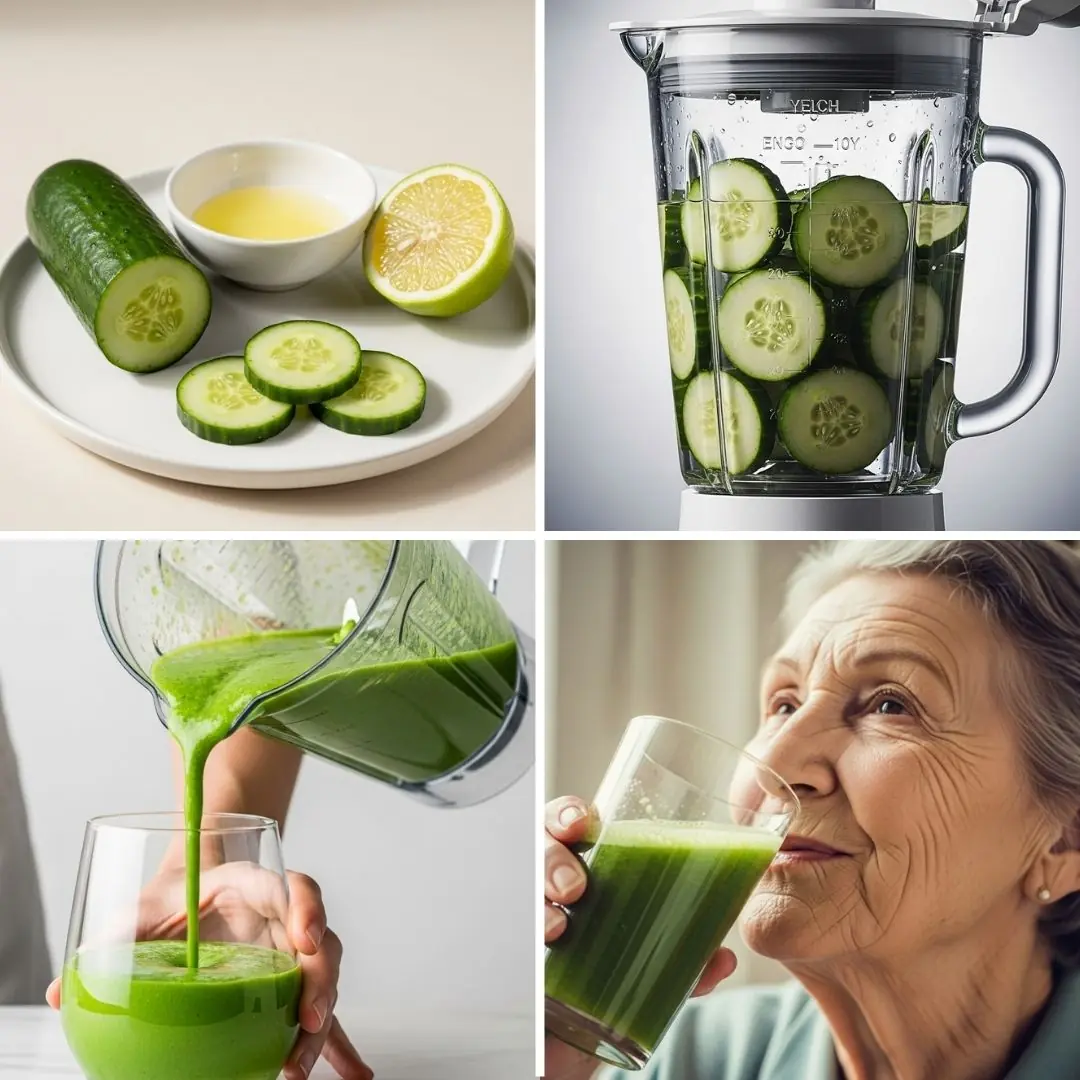
This Simple Homemade Juice Could Transform Your Life — The 100-Year Elixir Revealed!

🧠 How Your Brain Today Reflects Your Habits from Two Weeks Ago

💤 The Science of Dreaming: Why Do We Dream?
